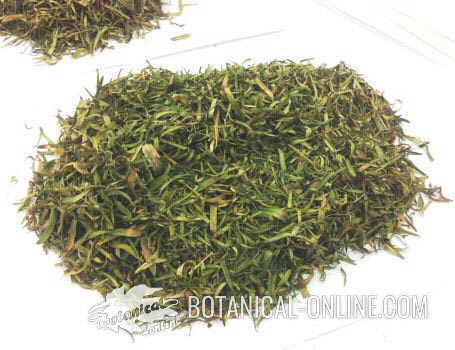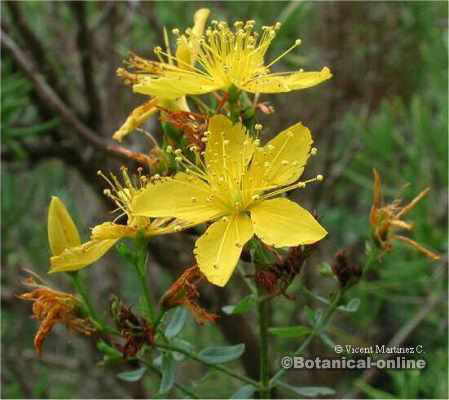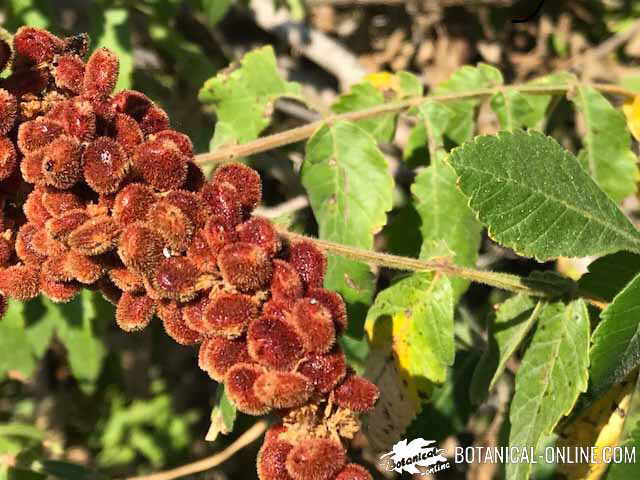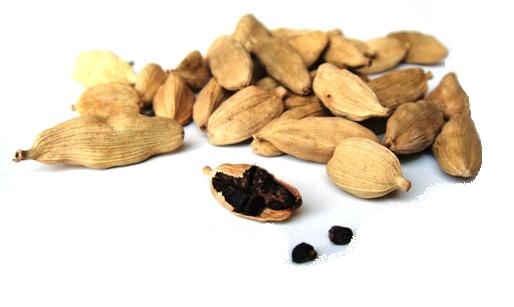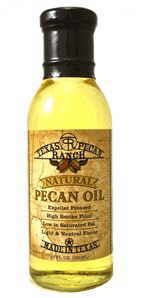Contents
What are the risks of using acanthus as a medicinal plant?
What is acanthus plant?
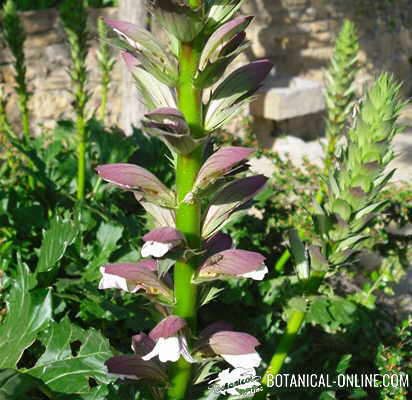
Acanthus (Acanthus mollis L.) is a majestic plant that does not go unnoticed and that fills any corner with green. Its flowers are just as striking as its large leaves, both for its color and for the elegant aesthetics of its flowery rod.
The plant is known by different names: Acanthus, oyster plant, bear’s breach, brank usine, smooth acanthus, bearfoot
What is acanthus used for?
Acanthus is traditionally a Vulnerary medicinal plant, which is used externally for the treatment of wounds.
It is not a plant appreciated for its infusions nor is it considered an edible plant.
Acanthus composition
Analysis of the plant has described that it contains anthraquinones, flavonoids, phenols and mucilages.
How to use acanthus
Generally the parts used are the leaves, which are applied crushed or scalded to heal the skin.
Is acanthus a toxic plant?
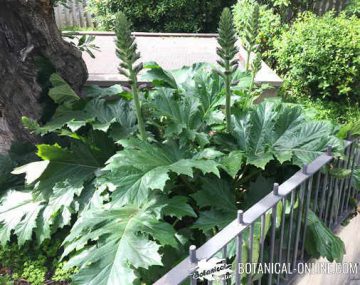
Curiously, there is more literature on the ornamental and symbolic functions of acanthus in architecture and fine arts, than on its medicinal benefits. There are few detailed scientific studies on the toxicity of this plant, probably because it is used mainly in the form of a poultice, and therefore, as it is not ingested, its toxicity is very low.
Without exact data on its toxicity, we can say that, because of the presence of certain components, we must be careful with the ingestion of acanthus. The plant may not be suitable as an infusion, which is consistent with the fact that its oral ingestion is recommended with some caution. Excessive doses can cause diarrhea in some people, given its content of anthraquinones (purgative active principles). It is also not a very popular plant to use as a tea.
Acanthus contraindications
Acanthus has the following contraindications for internal use:
- Its internal use is not recommended because there is not much tradition of use either. In the absence of studies on its toxicity, and due to its anthraquinone content, it is generally not recommended to take the plant as an infusion. It could cause digestive upset (vomiting, heartburn, bloody diarrhea, or stomach pain).
- Intestinal diseases: the use of infusions with anthraquinones is not recommended in these types of diseases since anthraquinones can aggravate symptoms of irritable bowel, Crohn’s disease, appendicitis, ulcerative colitis or other intestinal disorders.
- Pregnancy and lactation: acanthus is a plant that stimulates the movement of the smooth muscles of the organs, such as the stomach, intestines and liver. It can also have abortive effects by stimulating the walls of the uterus. Thus, it is not recommended in pregnant women. It should also not be taken during lactation because its compounds pass into breast milk.
- Dangers of remedies for children: It is not recommended to give this plant internally. Children should only take herbal remedies that are suitable for their age.
- Liver or kidney diseases: most plants are contraindicated in these cases. Taking medicines: Acanthus can interact with some medicines. It is recommended to consult with the doctor.
- Surgery: In general, plant treatments are contraindicated before and after surgery or surgical operation (abandon treatment at least 15 days before the date of operation). Consult with your surgeon if you have questions.
Dangers of acanthus treatments
In external use, the plant presents fewer problems or adverse effects, but it is not exempt from possible contraindications in sensitive people.
![]() More information on acanthus
More information on acanthus

